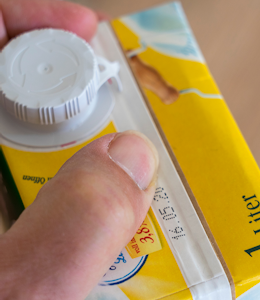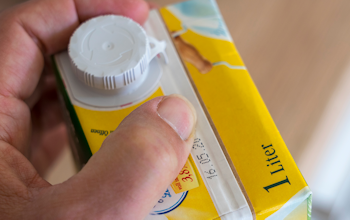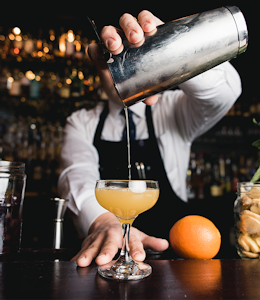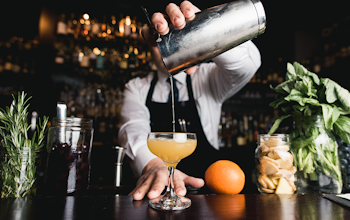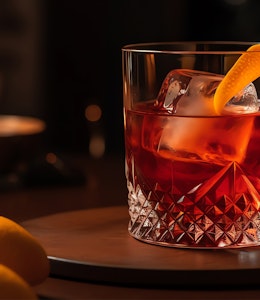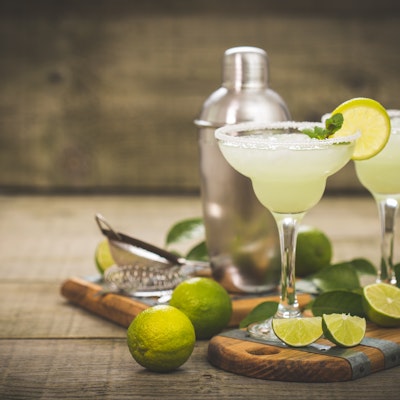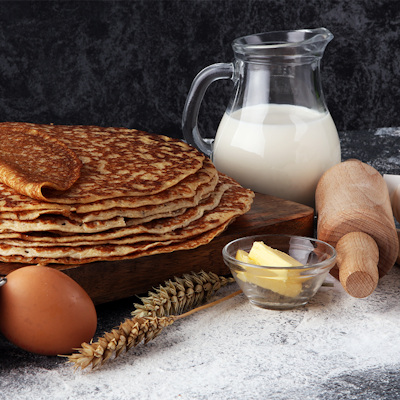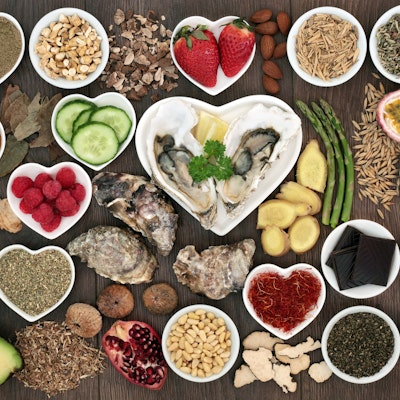Is gin a spirit? And everything else you need to know about gin…
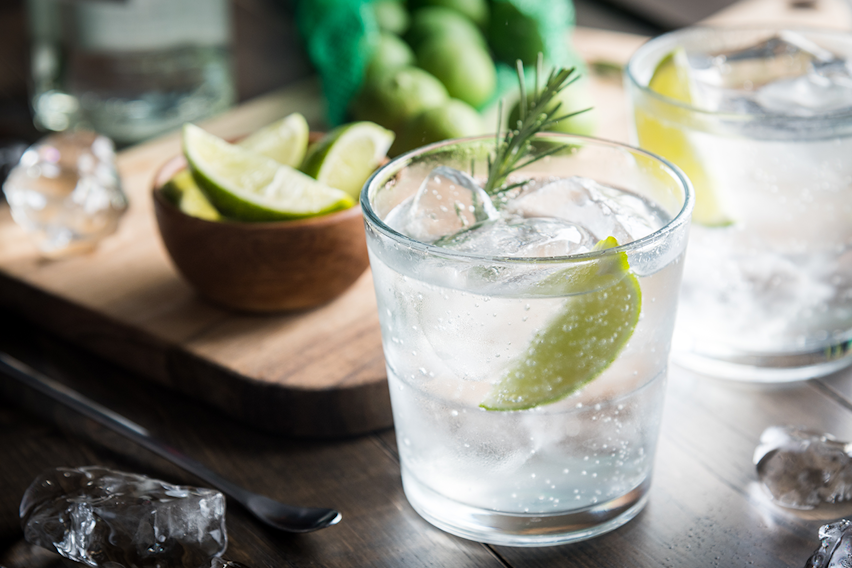
January is “Ginuary”, and whether it’s flavoured gin, non-alcoholic gin or classic gin, it’s the perfect time to fight those Winter blues with a little tipple. That’s why we’re rounding up everything you need to know about this tasty spirit…
Here’s the big questions when it comes to gin.
- What type of alcohol is gin?
- Is gin vegan?
- Does gin contain allergens?
- Is gin gluten-free?
- What is gin made from?
- Is gin a spirit?
- What do you mix with gin?
- Can you freeze gin?
- Is gin more alcoholic than vodka?
- Does gin expire?
- Can you get non-alcoholic gin?
- How do you make gin?
Now let’s find out the answers...
What type of alcohol is gin?
Gin is a spirit, a type of alcoholic beverage. It is a distilled alcohol which gets its distinctive flavour from juniper berries - indeed to be classified as gin, by law the predominant flavour must come from juniper berries. Generally, gin has an ABV of between 35 percent and 55 percent.
Where did gin come from?
Even though it is associated with England, gin as we know it is thought to have originated in Europe - specifically the Netherlands and the Flemish region of Belgium. Having already been used as a kind of medicine, gin became popular in England as a beverage after William III (William of Orange) took the crown in 1689 and import restrictions were put on French alcohol. Between 1695 and 1735 there was a ‘Gin Craze’ throughout the country, and it has remained a national favourite ever since.
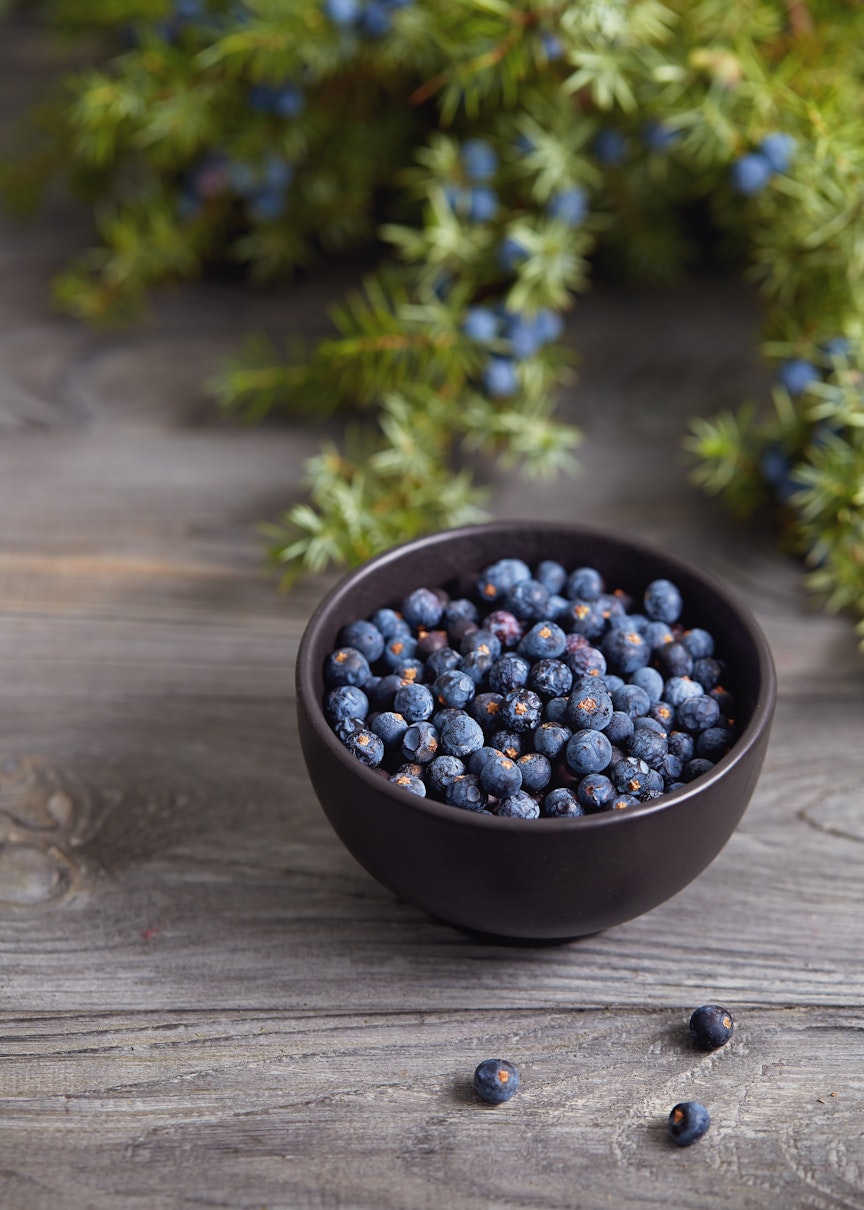
Is gin vegan?
Most gin is vegan - its main ingredients of grain alcohol, juniper berries and other botanicals are all plant-based. However, some brands of gin use animal products (such as honey) to flavour the gin, or even in the distillation process, so it’s best to check the label.
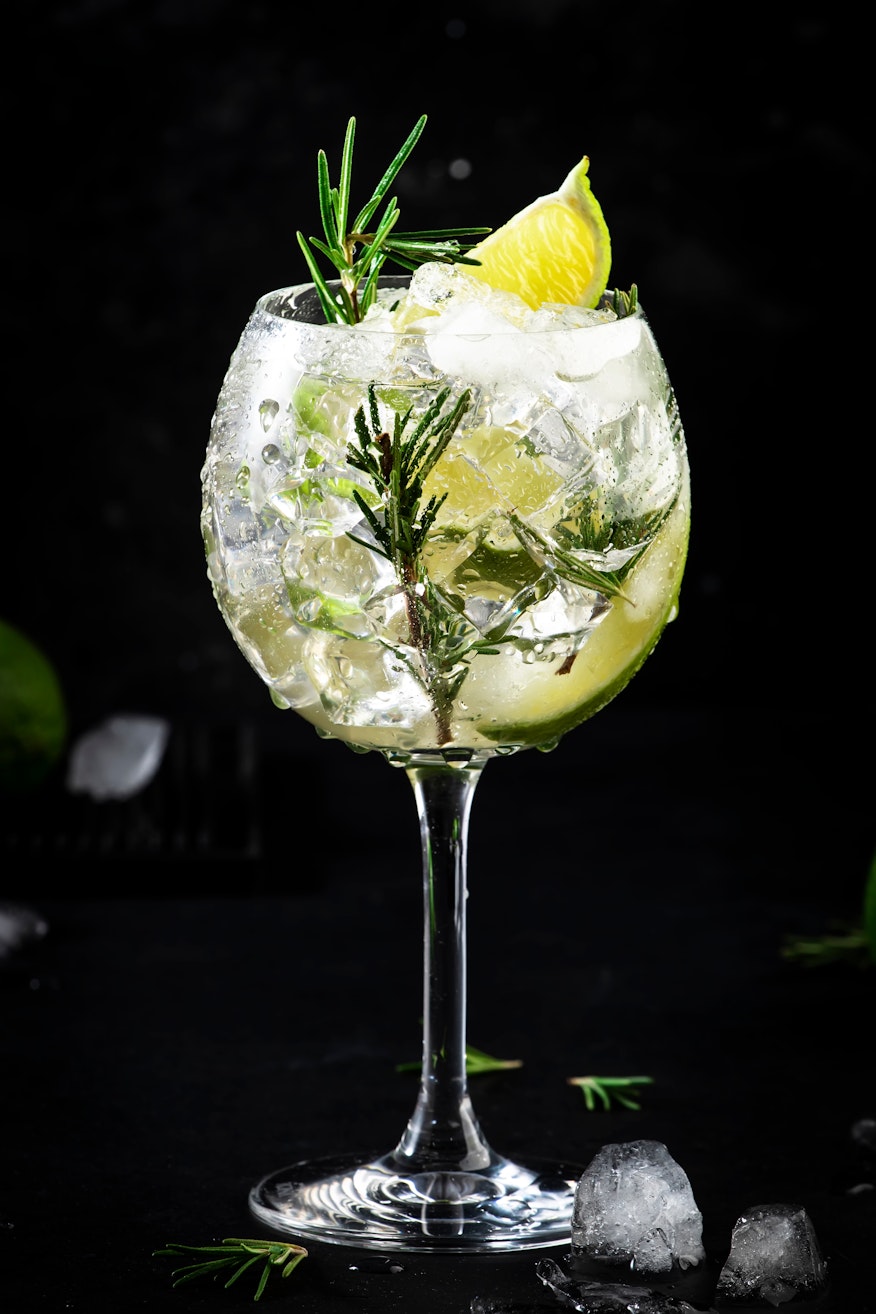
Does gin contain allergens?
Whilst no major allergens are among the base ingredients of gin (grain alcohol, juniper berries and other botanicals), many brands of gin use (Tree) Nuts during the distillation process - particularly almonds and macadamias. Therefore these types of gin are not suitable for those with an allergy or intolerance to (Tree) Nuts and so the label should be checked. Nuts are among the 14 major food allergens. Therefore these types of gin are not suitable for those with an allergy or intolerance to (Tree) Nuts and so the label should be checked).
Is gin gluten-free?
Even though the alcohol base of gin is made using grains such as wheat, barley or rye (all Cereals containing Gluten), this gluten is removed during the distillation process and so it is suitable for those with a gluten allergy or Coeliac disease.
Some flavoured gins do use other ingredients for flavour - these might include Cereals containing Gluten.
What is gin made from?
Gin is made predominantly from a clear, neutral spirit alcohol.
This is usually made by distilling a grain such as wheat, corn, barley or rye. This clear alcohol is then distilled with juniper berries and other botanicals (such as cassia or coriander seeds) to make gin.
What do you mix with gin?
There are many mixer drinks that pair well with gin, but the most famous and traditional is tonic water.
In recent years flavoured tonic waters - such as elderflower, mandarin and hibiscus, have grown in popularity, as well as garnishes such as orange and rosemary.
Gin is mixed with vermouth to make the classic cocktail the Martini, and lemon and simple syrup to make a Tom Collins. Gin can also be mixed with ginger ale (or ginger beer), and as in the Snoop Dogg song, with juice.
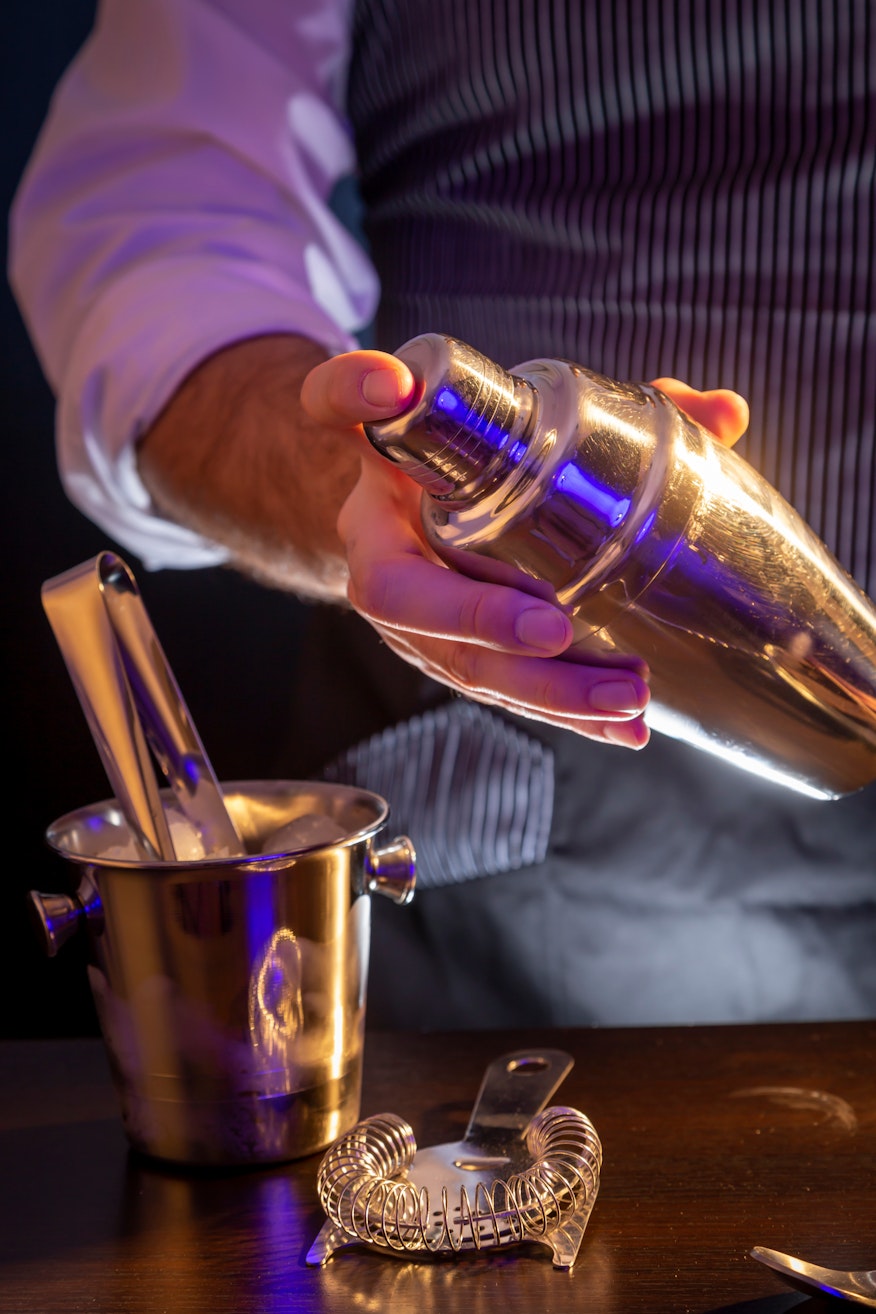
Can you freeze gin?
Yes you can keep gin in the freezer - it actually helps to maintain the quality of the gin and keep it fresh (so long as it is in an airtight container or bottle). To actually freeze gin solid you would need a temperature of minus 27 degrees celsius.
Is gin more alcoholic than vodka?
No, gin and vodka have around the same ABV (alcohol by volume) - 40-50 percent. However, ther are some types of vodka that have an ABV of 95 percent.
Does gin expire?
Gin does expire - if not very quickly. Gin stored in a cool, dry place and left unopened will be good for around 2-3 years. After this time, and if the gin is opened and exposed to oxygen the flavour will start to deteriorate and the quality of the gin will reduce.
Gin does not go ‘off’ in the sense that some fresh foods do - to learn more about the difference between ‘use by’ and ‘best before’ dates and what they mean for food safety read our guide here.
Can you get non-alcoholic gin?
To be legally called ‘gin’, ‘gin’ must have an ABV (alcohol by volume level) of at least 37.5 percent.
However, there are plenty of non-alcoholic ‘gins’ on the market that imitate the flavour of gin, by using the same ingredients but distilling the gin many more times to reduce the alcohol until the ABV is between zero and 5 percent.
How do you make gin?
You make gin by infusing a base alcohol (made with a grain such as wheat or rye and water) with juniper berries and other botanicals such as coriander seeds, arrowroot or cassia, and then distilling (separating alcohol from water via evaporation and condensation) it, sometimes with ingredients such as almonds or other nuts.
You may also be interested in…
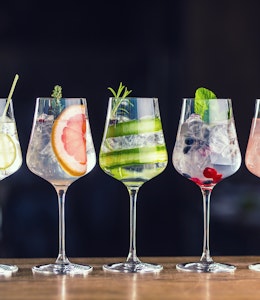
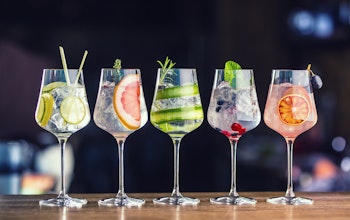
You may also be interested in…
